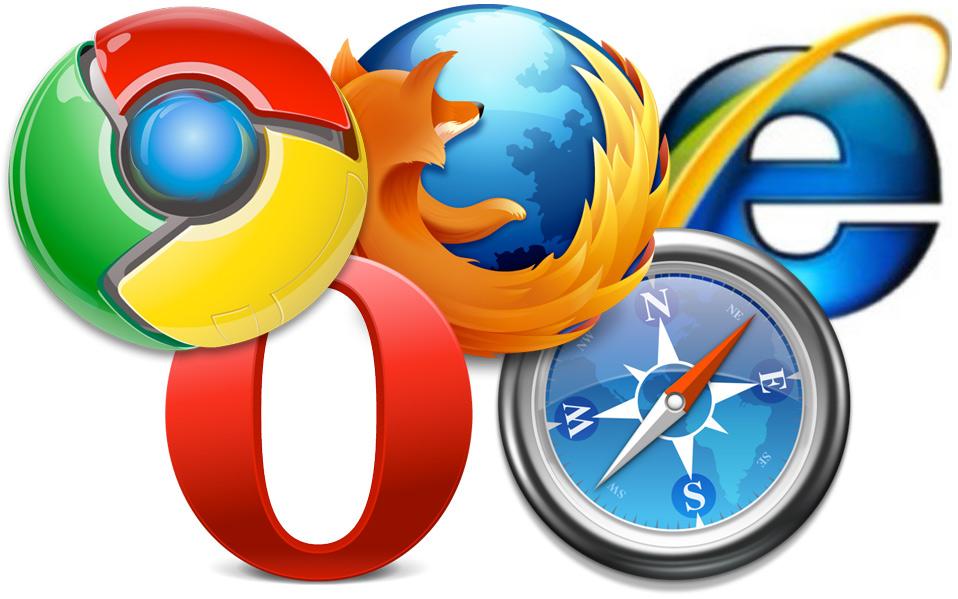Which Web Browser Should You Use?

There are dozens of web browsers that you can install on your Windows PC. You have probably heard from someone that this one or that one is the safest or fastest, but which one should you really pick? I’m going to mainly talk about 3 of the top modern browsers… these are Chrome, Firefox, and Edge.
Chrome is the current king of browsers in terms of popularity, and I’m sure a lot of this is due to being a Google product with all of the advantages of Google marketing. It’s also fast and integrates well with everything Google.. like chrome apps and extensions. It’s not the lightest on system resources though, so it works better if you have a lot of RAM. Heavier on resources also means it’s been known to drain laptop batteries quicker. One of the neat features with Chrome is that you can log in to your Google account and it allows you to automatically sync your browsing activity between devices. If I stay logged in, Chrome on my Android phone knows which sites I have bookmarked from my computer. Passwords and other information can be stored in the same way. The downside if that Chrome is known as the least “private” of the browsers.. meaning Google likes to use your browsing data for advertising purposes.
Edge is the new Microsoft Browser that has a blue “e” symbol that very closely resembles it’s previous Internet Explorer browser. Only available on Windows 10, Edge if the default browser on all new Windows computers. If you want a different default for web links you’ll have to choose it from the “Default Apps” setting in Windows 10. Edge had proven to be a lighter and more secure browser that it’s predecessor. The downfall is it’s not backwards compatible, so there are still some older sites that may not work correctly in Edge. As with most new products, Microsoft is still working out some of the kinks. I’ve found that Edge is more susceptible to scamware style scripts that take over your browser with fake warnings. This is due to settings in Edge that cause it to open the last page visited on the next startup, which means the scamware page comes back again until you find a way to disable it.
Firefox is another well known browser that has been around for many years. It ranks as the slowest of the three big browsers. It also has stopped supporting Flash and Java which means you may find some websites have plugins that won’t work in this browser. By not supporting these plugins, Firefox has eliminated some of the main culprits for malware attacks though, so security is known to be a top priority of the developers.
What about other browsers? If you’re still using Internet Explorer, it’s probably time to move on. IE 11 will be the last version. And previous versions are no longer receiving security updates. Opera is another much lauded alternative to the other 3 browsers. Although it has only a small share of the market, it is known to be light and fast. There are so many others out there, but they are generally less developed than the bigger browsers and some contain adware, so it’s better to stick with the known.
There is no really wrong answer when picking between these, as it mainly comes down to a matter of personal preference. Despite some of the differences they all perform fairly well. As for security concerns, always be careful about the websites you visit. Any browser can be a portal to infection if you go to the wrong places.
